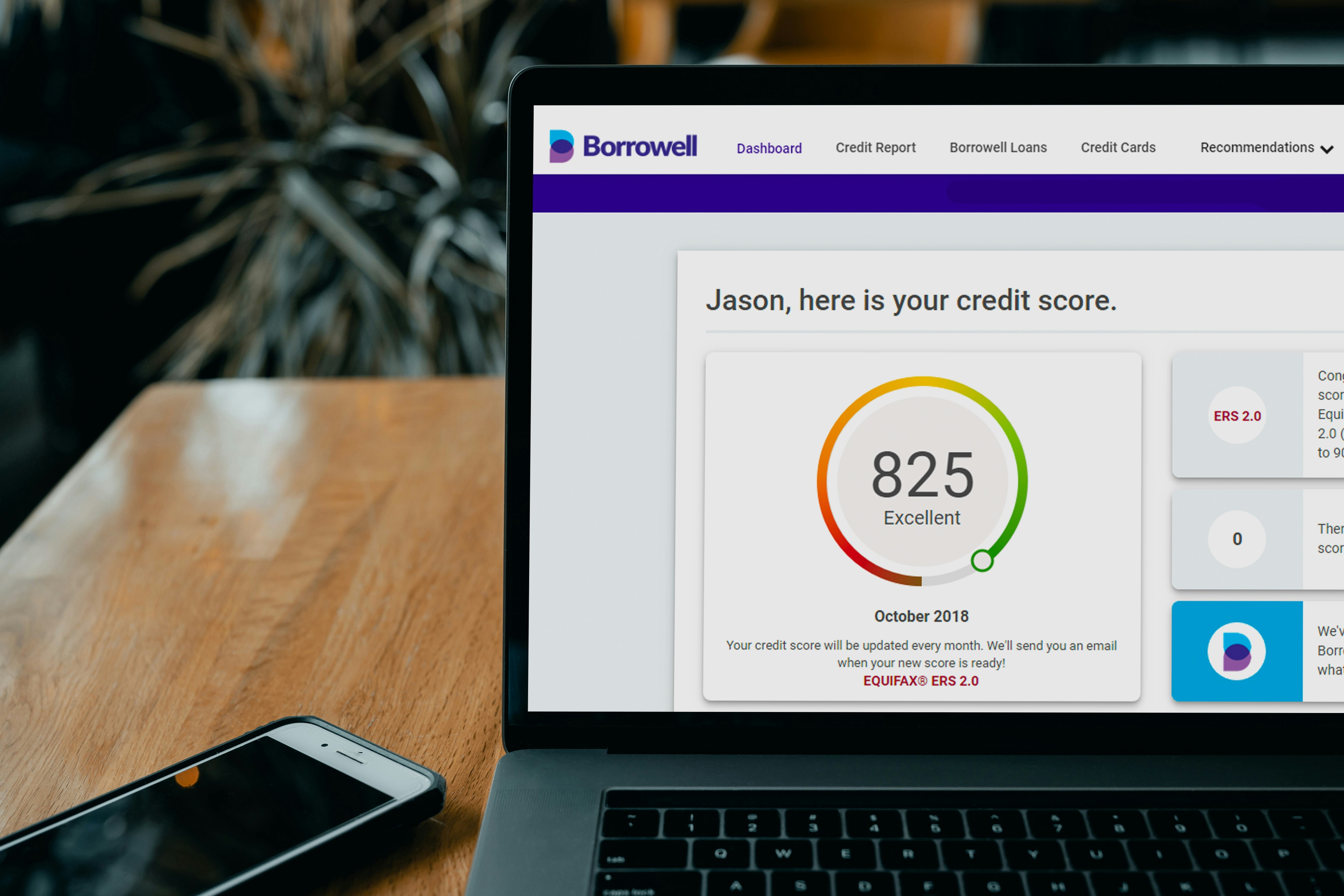Understanding Debt Consolidation
Debt consolidation is a financial strategy that involves combining multiple debts into a single loan, effectively streamlining one’s financial obligations. This process allows individuals to pay off various outstanding debts, such as credit card bills, personal loans, and medical expenses, with one consolidated loan. The primary aim of debt consolidation is to simplify debt management, allowing borrowers to focus on a single monthly payment rather than juggling numerous due dates and amounts.
One of the significant advantages of choosing debt consolidation loans is the potential for lower interest rates. Many borrowers find themselves paying high interest on credit cards and other unsecured debts. By opting for a consolidation loan, they may be able to secure a more favorable interest rate, which can lead to considerable savings over time. Lower interest rates can lessen the overall cost of the loan, thus enabling individuals to pay off their debts more efficiently, and potentially even reduce their monthly payment amounts.
However, before proceeding with debt consolidation, it is crucial to evaluate one’s financial situation thoroughly. It is essential to assess why the debts were accumulated in the first place and whether consolidating them will indeed lead to an improvement in financial stability. Furthermore, examining one’s spending habits and creating a realistic repayment plan are vital steps that can help ensure success. The effectiveness of debt consolidation loans varies from person to person, and understanding one’s unique financial landscape is critical in determining if this strategy will truly improve your finances in the long run. Being informed and prepared will contribute significantly to making the right decision when it comes to managing debt and achieving financial goals.
Types of Debt Consolidation Loans
Debt consolidation loans come in various forms, each catering to different financial needs and circumstances. Understanding these types is crucial for individuals seeking to improve their finances effectively.
One common type is the personal loan, which is usually unsecured. Borrowers can use this loan to pay off multiple debts, thereby simplifying payments into a single monthly installment. The interest rates for personal loans can vary based on credit scores, often making them an attractive option for those with good credit histories. However, the downside to personal loans is that they can come with higher interest rates compared to secured loans, especially for individuals with lower credit scores.
Balance transfer credit cards represent another method for consolidating debt. These cards allow consumers to transfer existing high-interest credit card balances to a new card with a lower interest rate, often with an introductory 0% interest offer for a set period. While this can significantly reduce interest payments, it is essential for borrowers to pay off their debt before the promotional rate expires, as rates can spike afterward.
Home equity loans utilize the equity in a homeowner’s property as collateral to secure funds. These loans typically offer lower interest rates compared to unsecured debts. However, the main risk is the potential loss of the home if the borrower cannot repay the loan, therefore suitable only for those with sufficient equity and a stable repayment plan.
Lastly, specialized debt management loans may include options offered by nonprofit credit counseling agencies. These programs can help negotiate lower rates or provide structured payment plans. While beneficial, they may require a commitment to a longer repayment timeline and can also impact credit scores initially.
Each type of debt consolidation loan has its advantages and disadvantages, and evaluating personal financial situations will aid in making the right choice for debt management.
Evaluating Your Financial Situation
Before considering debt consolidation loans, it is essential to thoroughly evaluate your current financial situation. This evaluation entails calculating your total debt, monthly payments, and interest rates, which will provide a clearer picture of your financial standing. Begin by listing all your debts, including credit cards, personal loans, and any other outstanding obligations. Be sure to note the total amounts owed, monthly payment figures, and associated interest rates. This comprehensive overview will be instrumental in determining the best approach to consolidate your debts.
Once you have compiled your debt information, calculate the total monthly payments across all obligations. This figure represents the amount you dedicate to repayment each month, and understanding it can help you assess how debt consolidation loans could alleviate some of your financial burdens. By consolidating high-interest debts into a single low-interest loan, you can potentially lower your monthly payments and ease the pressure on your monthly budget.
Additionally, having a firm grasp of your budgeting is integral to managing your financial health. Develop a budget that outlines your income and expenses, which will allow you to identify areas where you can cut back and save. A well-structured budget not only helps you manage your current debts but also empowers you to resist incurring further debt in the future. Furthermore, understanding your credit score is crucial as it plays a significant role in loan approvals and interest rates. A good credit score can lead to better loan terms, enabling you to improve your finances more effectively through debt consolidation. Assessing these factors will lay the groundwork for choosing the most suitable options for your financial recovery journey.
Key Factors to Consider When Choosing a Loan
When selecting a debt consolidation loan to improve your finances, it is paramount to consider several key factors. One of the most critical aspects is the interest rate. The interest rate directly influences the total cost of the loan over its duration. A lower interest rate can significantly reduce the financial burden, making it essential to compare offers from multiple lenders. Look for lenders that offer competitive rates and ensure you understand whether these rates are fixed or variable, as this can affect your payments over time.
Another important factor to evaluate is the fees associated with the loan. Many lenders might charge origination fees, prepayment penalties, or late fees that can add to the overall cost. When assessing loan options, it is crucial to calculate the total cost of borrowing, including all fees, which can help inform your decision. Be cautious of lenders that are not transparent about fees; this could be indicative of less favorable terms in the loan.
The repayment terms of the debt consolidation loan should also align with your financial situation. Longer-term loans may have lower monthly payments, but they often incur more interest over time. On the other hand, shorter-term loans tend to require higher monthly payments but can save borrowers money in interest costs. It is advisable to choose a repayment term that you can comfortably manage while working towards improving your finances.
Lastly, the lender’s reputation plays a crucial role in your decision-making process. Research reviews, ratings, and testimonials to understand the experiences of previous borrowers. A reputable lender will often provide better customer service and more favorable lending terms. Overall, taking the time to thoroughly compare multiple offers and considering these factors will provide you with a clearer path to efficient debt management and financial improvement.
Top Debt Consolidation Loan Providers
When looking to improve your finances, selecting a suitable debt consolidation loan provider can significantly impact your journey toward financial stability. Below is a curated list of reputable providers that offer a range of features tailored to meet diverse financial needs.
One of the leading providers is SoFi, known for its competitive interest rates, which typically range from 5.99% to 17.99% APR. SoFi enables borrowers to consolidate various types of debt, including credit cards and personal loans, with amounts that can range from $5,000 to $100,000. Additionally, SoFi offers unique features such as unemployment protection and professional financial advice, garnering positive customer reviews for its comprehensive support.
Another notable provider is Marcus by Goldman Sachs, which currently provides debt consolidation loans with interest rates between 6.99% and 24.99% APR. Loan amounts vary from $3,500 up to $40,000, specifically designed for borrowers looking to streamline their payments. One of the standout qualities is their no-fee policy, meaning no late fees, origination fees, or prepayment penalties, which customers frequently commend.
In the realm of competitive rates, Discover also stands out. Their consolidation loans offer an APR ranging from 5.99% to 24.99%, with a maximum loan amount of $35,000. Discover provides the flexibility of choosing repayment terms from three to seven years, which allows borrowers to tailor the payments according to their financial situation. The firm has received high ratings for customer service, reflecting its commitment to helping individuals improve their finances.
Lastly, LightStream, a division of SunTrust Bank, provides impressive loans with interest rates starting as low as 5.49% APR for autopay customers, with amounts reaching up to $100,000. It is known for its swift application process and efficient funding, which appeals to individuals in urgent need of consolidating their debts.
When evaluating debt consolidation loans, it’s essential to consider the specific features and customer reviews of each provider to select the option best suited to aid in effectively managing financial obligations.
How to Apply for a Debt Consolidation Loan
Applying for a debt consolidation loan can be a strategic move to simplify your finances and reduce overall payments. To begin the application process, it is essential to prepare adequately. First, assess your current financial situation by gathering documentation of your existing debts, including credit cards, personal loans, and any other financial obligations. This overview will help you determine the total amount you need to consolidate, ensuring you request an appropriate loan amount.
Once you have a clear understanding of your debt, check your credit score, as it plays a significant role in the approval process for debt consolidation loans. A higher credit score may enhance your chances of securing a lower interest rate. If your score is not where you would like it to be, consider taking steps to improve your finances before applying, such as paying down small debts or correcting any inaccuracies on your credit report.
Next, research various lenders that offer debt consolidation loans. Online lenders, banks, and credit unions are all viable options, each providing different terms, interest rates, and loan amounts. Compare their offerings to find the best fit for your financial needs. Most lenders will allow you to get pre-qualified, which can give you a clearer idea of your potential loan amount and interest rate without affecting your credit score.
When you are ready to apply, complete the online application for your chosen lender. You will typically need to provide personal information, including your employment details, monthly income, and the debts you wish to consolidate. Expect a review period where the lender assesses your application before making a decision. This process may take anywhere from a few hours to a few days. Being well-prepared and informed can help smooth the journey towards securing a debt consolidation loan to improve your finances.
Potential Risks and Drawbacks
While debt consolidation loans offer a viable pathway for many individuals seeking to improve their finances, it is essential to recognize the potential risks and drawbacks associated with this financial strategy. One of the primary concerns is the possibility of accruing more debt after consolidating existing loans. If individuals do not modify their spending habits or create a disciplined budget, they may find themselves in a worse financial situation than before, as new debts can accumulate on top of the consolidated ones.
Moreover, debt consolidation can have a significant impact on credit scores. Initially, applying for a loan often results in a hard inquiry on one’s credit report, which may temporarily lower credit scores. Additionally, if the consolidation loan leads to late payments or defaults, this can further diminish an individual’s creditworthiness, making it more challenging to secure favorable financing options in the future.
Another key factor to consider is the potential for high fees associated with certain debt consolidation loans. These fees can include origination charges, application expenses, and prepayment penalties. If borrowers do not thoroughly research loan options or fail to read the terms and conditions of their loans, they may incur unexpected costs that could negate the benefits of consolidating their debts.
Finally, it is crucial for anyone considering debt consolidation loans to remain informed and exercise caution. Seeking advice from financial professionals, carefully evaluating loan offers, and assessing long-term financial goals are all important steps that can help mitigate risks. Understanding the complexities and implications of such a decision is essential in ensuring that debt consolidation serves as a beneficial tool in one’s financial journey.
Long-term Financial Improvement Strategies
While debt consolidation loans can serve as a pivotal tool in managing existing debts, embracing a holistic approach to financial health is essential for enduring stability. Adopting long-term financial improvement strategies will not only assist in clearing debts but also pave the way for healthier financial practices going forward.
One of the foremost strategies is budgeting. Establishing a detailed budget allows individuals to track their income and expenditures meticulously. By assigning specific portions of their income to different categories, such as necessities, savings, and discretionary spending, individuals can gain better control over their finances. This control aids in ensuring that enough is allocated towards repaying any debts, particularly after utilizing debt consolidation loans. Utilizing budgeting apps or spreadsheets can help streamline this process and enhance accountability.
Saving is another critical component in the journey of financial improvement. Establishing an emergency fund, typically covering three to six months’ worth of expenses, can provide a safety net that preempts the need for future debt accumulation. Practicing the habit of saving a percentage of each paycheck can be instrumental in fortifying financial security.
Investing is a strategy that can significantly enhance financial stability over time. Allocating funds into diversified investment vehicles—such as stocks, bonds, or mutual funds—can provide opportunities for wealth accumulation and passive income generation. It’s advisable for individuals to conduct thorough research or seek the guidance of a financial advisor to ensure informed decision-making in this area.
Lastly, seeking financial education is pivotal in preventing future debt issues. Engaging in workshops, online courses, or reading financial literacy books can equip individuals with the knowledge necessary to manage their finances proficiently. By understanding the nuances of credit, interest rates, and savings, individuals can make informed choices that promote long-term financial wellness.
In conclusion, implementing these long-term strategies in tandem with debt consolidation loans can significantly improve your finances and foster sustained financial health.
Conclusion: Making an Informed Decision
In the journey towards improved financial health, debt consolidation loans can present a viable path for individuals grappling with multiple debts. By combining various debts into a single loan, borrowers may be able to lower their monthly payments and secure a more manageable interest rate. This can lead to not only simplified repayment but an overall improvement in one’s finances. However, it is crucial to acknowledge that debt consolidation is not a one-size-fits-all solution. The effectiveness of such loans largely depends on individual situations, including one’s credit history and specific financial obligations.
As you consider debt consolidation options, it is essential to conduct thorough research and seek guidance. Various lenders offer differing terms for debt consolidation loans, making it necessary to analyze multiple options to find the best fit for your circumstances. Understanding the terms of the loan, including interest rates, repayment periods, and any associated fees, will empower you to make a well-informed decision. Moreover, consulting with a financial advisor can provide valuable insights tailored to your unique situation, helping you to navigate the complexities involved in debt management.
Importantly, while debt consolidation loans can indeed improve your finances, they must be approached with caution. Relying solely on these loans without addressing underlying spending habits may lead to recurring financial difficulties. Ultimately, a balanced approach that incorporates budgeting and financial education alongside debt consolidation can yield sustainable benefits. By staying informed and prepared, you can pave the way toward a sound financial future, ensuring that the choice of debt consolidation aligns with your long-term goals.







